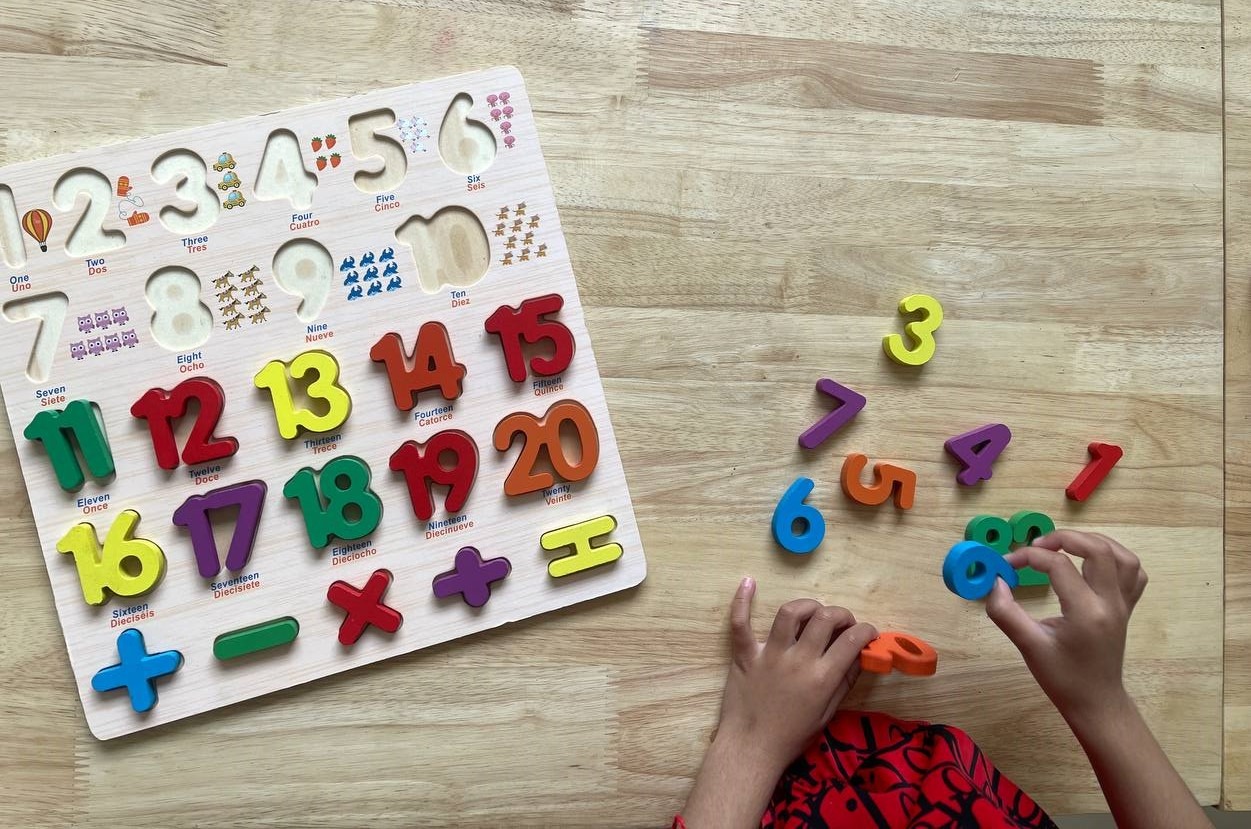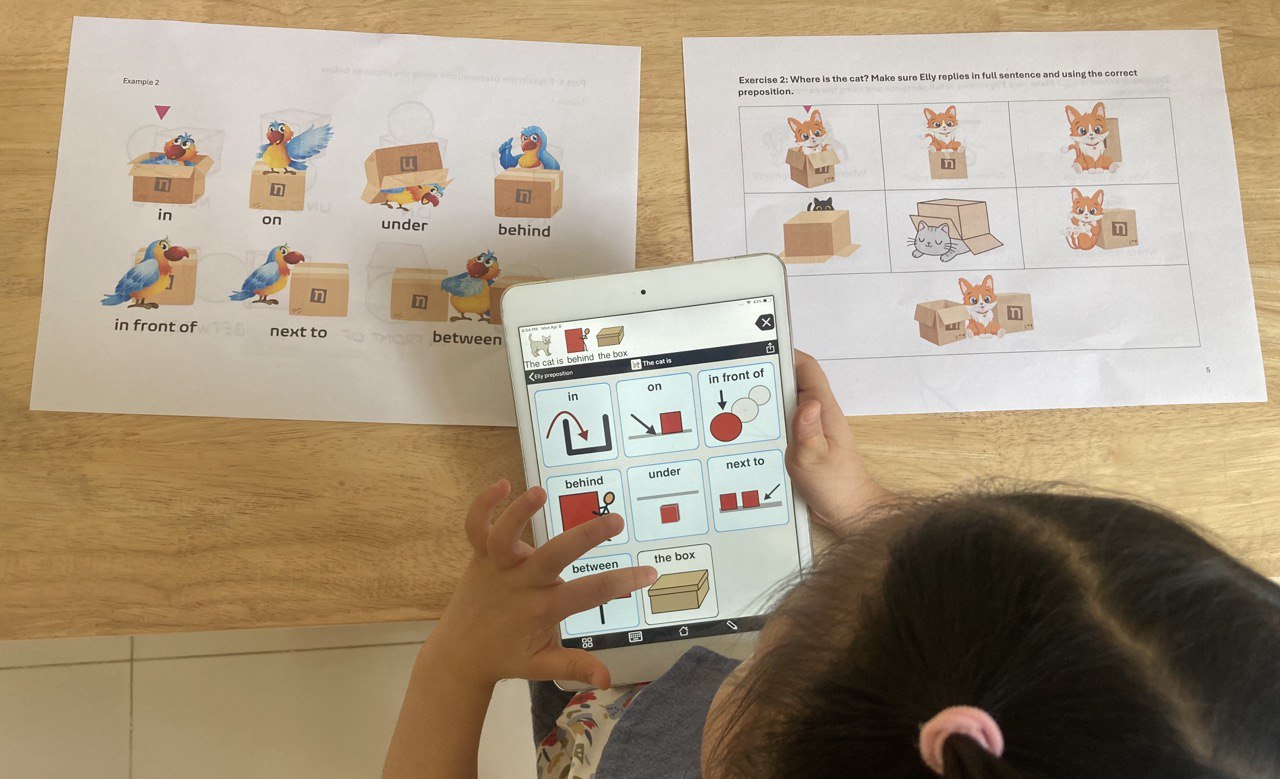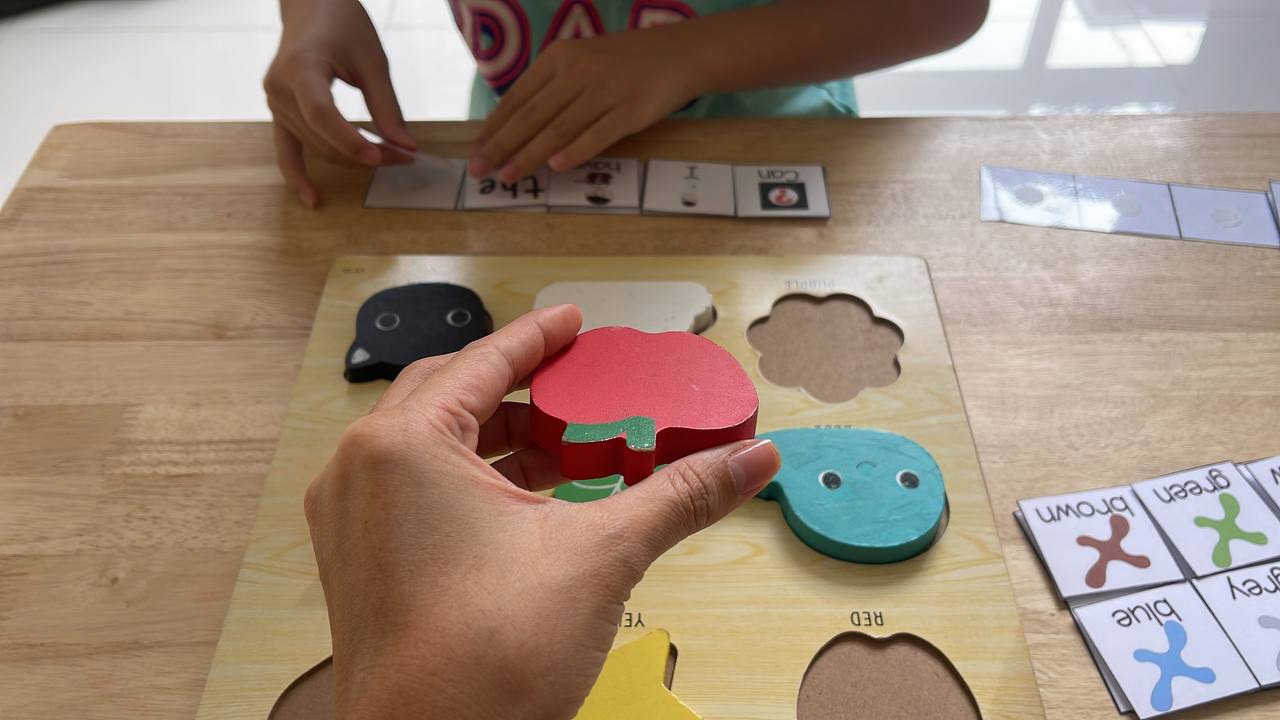Counting, a seemingly simple skill, forms the foundation for complex mathematical concepts. Yet, for students with diverse learning needs, mastering this skill can present unique challenges. This blog explores effective strategies for supporting students with diverse learning needs in their journey to counting mastery.
Firstly, it’s crucial to recognize that “diverse learning needs” encompasses a wide spectrum of abilities and challenges. Students with learning disabilities, such as dyscalculia, may struggle with number sense, while those with motor or sensory impairments might face difficulties with finger counting or manipulating objects. Understanding individual needs is key to tailoring effective learning strategies.
Building a Strong Foundation:
- Concrete Experiences: Move beyond rote counting drills and focus on hands-on learning. Utilize manipulatives like counting blocks, toys, or everyday objects to make quantities tangible. Encourage students to physically touch and arrange items while counting aloud, solidifying the connection between number and quantity.
- Multisensory Engagement: Incorporate activities that engage multiple senses – visual, auditory, and tactile – to cater to varied learning styles. Counting songs, rhyming activities, and movement-based games like hopscotch can add dynamism and fun to the learning process.
- Visualization Tools: Visual aids like number lines, picture charts, and manipulatives with corresponding numerical symbols can provide valuable support for understanding number sequence and cardinality (the concept of “how many”).
Scaffolding Learning:
- Start Small: Begin with small sets of objects and gradually increase the number as confidence and skill develop. Focusing on smaller quantities allows for greater focus and mastery before moving on to more complex tasks.
- Explicit Instruction: Clearly demonstrate the counting process, emphasizing one-to-one correspondence (touching each object once as you count) and verbalizing the number names in proper sequence. Provide consistent prompts and reminders to reinforce these foundational skills.
- Individualized Pace: Recognize that different students learn at varying rates. Tailor instruction and activities to meet individual needs, providing additional support or practice as needed without pressuring students to conform to fixed timelines.
Technology and Assistive Tools:
- Interactive Counting Apps: Educational apps offering engaging counting games and activities can supplement classroom instruction and provide additional practice in a familiar, digital environment. Choose apps that offer customization options to cater to individual learning styles and needs.
- Assistive Technology: For students with motor or sensory limitations, utilize assistive technology tools like adapted touchscreens or voice-activated counting programs to ensure equal access to learning opportunities.
Collaboration and Support:
- Teacher Collaboration: Regular communication and collaboration among teachers, specialists, and support staff can ensure cohesive and consistent counting instruction across different learning environments. Sharing effective strategies and adapting practices based on individual student progress can significantly enhance learning outcomes.
- Family Involvement: Encourage and empower families to participate in the counting learning process. Share strategies and activities that can be easily replicated at home, fostering a collaborative learning environment and reinforcing skills gained in the classroom.
By implementing these strategies and embracing a diverse and adaptive approach, educators can effectively cater to the unique needs of students with diverse learning needs, ensuring they build strong counting skills and experience the joy of mathematical discovery.
Find out if your child needs extra support today!
- My child screams hysterically
- My child is mean to other children
- My child is always worried
- My child is scared to go to school
- My child is scared of loud noises
- My child doesn’t know how to read
- My child is scared to play outside
- My child does not respond to his name
- My child always gets in trouble
- My child fights with other children
- My child doesn’t know how to count
If you are concerned about your child’s development, contact us for Assessments: Phone/Telegram: 077.455.993 – Telegram Link: https://t.me/OrbRom
If you are concerned about your child’s development, contact us for Assessments.
Phone/Telegram: 077.455.993 Link: https://t.me/OrbRom






Leave A Comment